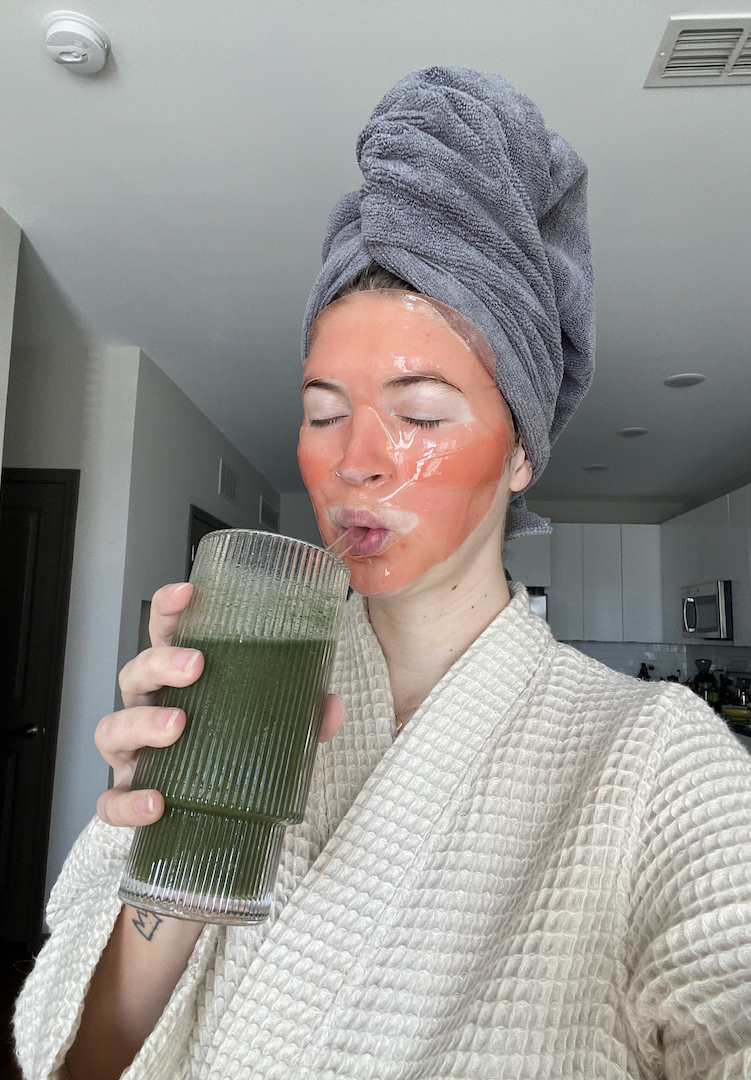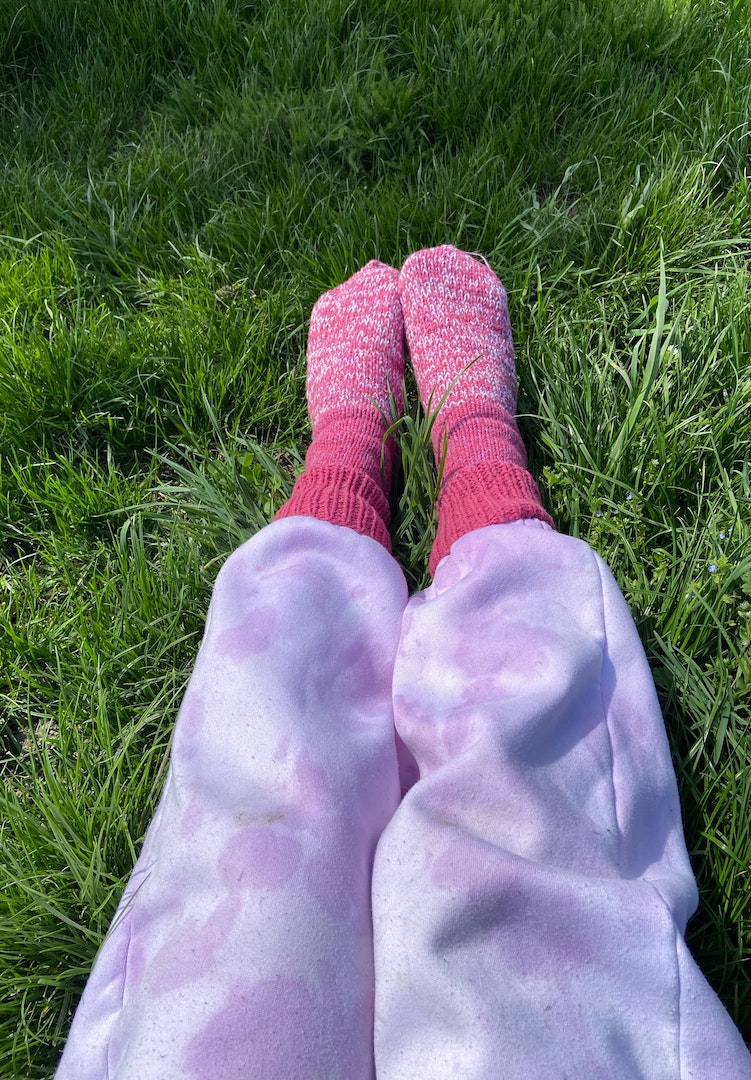What’s the difference between problem drinking and alcoholism?
WORDS BY SHAEDEN BERRY
“One of the biggest barriers to people seeking help is the stigma. The more we start to break down the barriers and address the stigma, the better.”
When I first became sober almost a year ago, there were a few insensitive souls (thankfully not close friends or family) who asked me, “Is that because you have a problem with alcohol?” and some equally tactless people who exclaimed, “But you’re not an alcoholic!?”.
Interestingly, those two comments did spark a question for me to consider. Was I an alcoholic, or did I just have a problem with alcohol? And what difference, if any, was there between the two?
For more useful advice, try our Life section.
To break down these two terms, I reached out to a spokesperson from the Alcohol and Drug Foundation (ADF), Australia’s leading organisation committed to questioning and changing our relationship with alcohol and drugs. Eleanor Costello is the ADF’s Evidence Manager and she spoke to me about the different terminology surrounding alcohol.
What is an alcoholic?
Right off the bat, Eleanor is quick to say that the ADF prefers to use the term “alcohol dependent” rather than “alcoholic”. She explains that this is largely due to the stigma that’s attached to the term ‘alcoholic’.
“One of the biggest barriers to people seeking help is the stigma,” she tells me. “The more we start to break down the barriers and address the stigma, the better.” When considering what we mean by the term ‘alcoholic’, Eleanor says it’s probably most useful to look at the clinical definition.
By definition, alcoholism is a ‘chronic disease in which a person craves alcohol and is unable to control their drinking’. According to Eleanor, one of the key elements of alcoholism is the inability to control or stop drinking. Drinking becomes “the main focus in your life” even in spite of the negative consequences.
In addition, alcoholism can also involve a high degree of tolerance, with the sufferer needing to drink more and more to reach the same levels of intoxication, and experiencing withdrawal symptoms following a reduction or removal of alcohol.
What is problem drinking?
In contrast to alcoholism, problem drinking or having issues with alcohol consumption does not involve an inability to stop, but can still have elements of dependence, and is often associated with alcohol being a destructive force in your life.
There can still be short and long-term effects involved in problem drinking. Problem drinking can have a multitude of health ramifications and, as Eleanor points out, entire weekends can be lost to drinking.
Can you have issues with alcohol and not be an alcoholic?
Eleanor tells me you can have issues with alcohol and simultaneously not be completely controlled by it. She points to peer pressure having a role to play in some alcohol issues, given that alcohol is deeply ingrained in our society and often plays a significant part in our social activities.
Eleanor also says that problem drinking can be circumstantial or situational. For instance, someone going through a stressful divorce can find themselves reaching for a drink more often. Similarly, when drinking is threaded into every social situation, someone can become unable or unwilling to go out without drinking. “Alcohol can still be such a big focus, without you becoming dependent or unable to stop,” she explains.
How do I know if I have issues with alcohol?
From a personal perspective, if you’re asking yourself if you have issues with alcohol, there’s probably a reason and it’s worth investigating further. Eleanor agrees that the first step is often self-reflection. She suggests asking yourself “‘How do I feel about my drinking?’ [and] asking, ‘How is drinking impacting my life?’.”
From there, Eleanor points to a number of online self-tests that you can find that can help you place your drinking in a wider context. She references the Drinks Calculator which is available on the ADF website. “A lot of people don’t know that the drinking guidelines actually changed recently,” she tells me. “The standard drinks per week went from 14 down to 10.”
Seeing how your drinking habits stack up to the recommended amounts can help put them in perspective. Often, if we’re surrounded by people who consume alcohol in large quantities, our own habits can seem mild in comparison and this can delay those much-needed wake-up calls.
If I do have issues what should I do about it?
When it comes to alcohol dependence, the path, while certainly not easy, seems relatively direct in the sense that all roads end in sobriety. Accepting that you’re unable to control your drinking habits means accepting you’ll most likely need to remain sober.
Eleanor stresses to me the importance of support when it comes to taking these steps to change your drinking. That kind of support can range from family and friends, to professional support.
But if you don’t think you fall into the alcohol dependence/alcoholic category, often the next steps are a little hazy. This leads me to the next question I asked Eleanor – can someone who has issues with alcohol learn moderation?
I have issues with alcohol. Can I learn moderation?
According to Eleanor, people who are on the spectrum of having alcohol issues can learn moderation. She outlines a number of steps people can take to change their drinking habits but stresses that these are just a few of the ways we can learn to cut back. She points to finding what works for you in particular, and the multitude of resources online.
The examples she does give are choosing to opt out of buying rounds, as this can lead to “drink matching” which encourages over-consumption, and choosing lower-strength alcohol products. She tells me people can space their drinks out and explains that when she and her partner go to the bar for one another, their instinct isn’t immediately to get each other another alcoholic drink. “They’ll bring me back mineral water instead,” she explains.
Eleanor also stresses the impact of environmental factors. She says that we should “set up environments that support lower-risk drinking”. This can be choosing locations that offer alternative options to alcohol to consume, or activities where drinking is either not the main focus, or not involved at all. For Eleanor, regardless of how someone identifies, she believes that anyone and everyone can benefit from reducing their alcohol intake.
If you or someone you know is struggling with their mental health, eating disorders or addiction, you can contact the following:
Lifeline 13 11 14
Alcoholics Anonymous 1300 222 222
Narcotics Anonymous 1300 652 820












